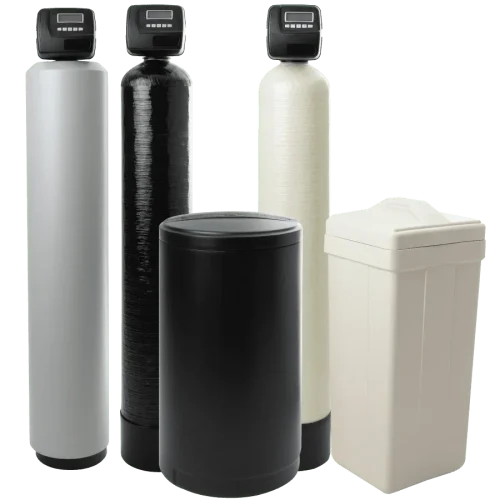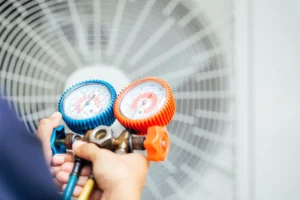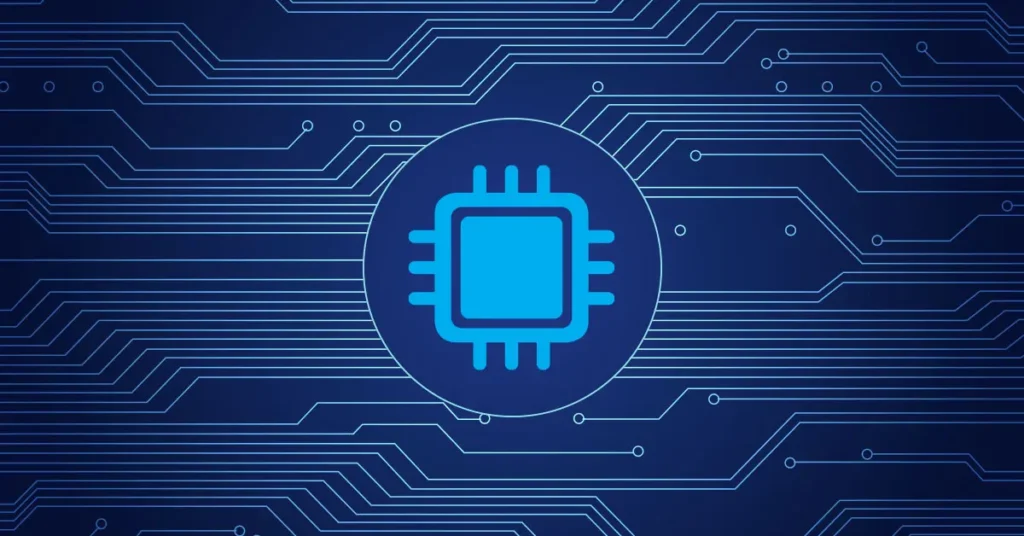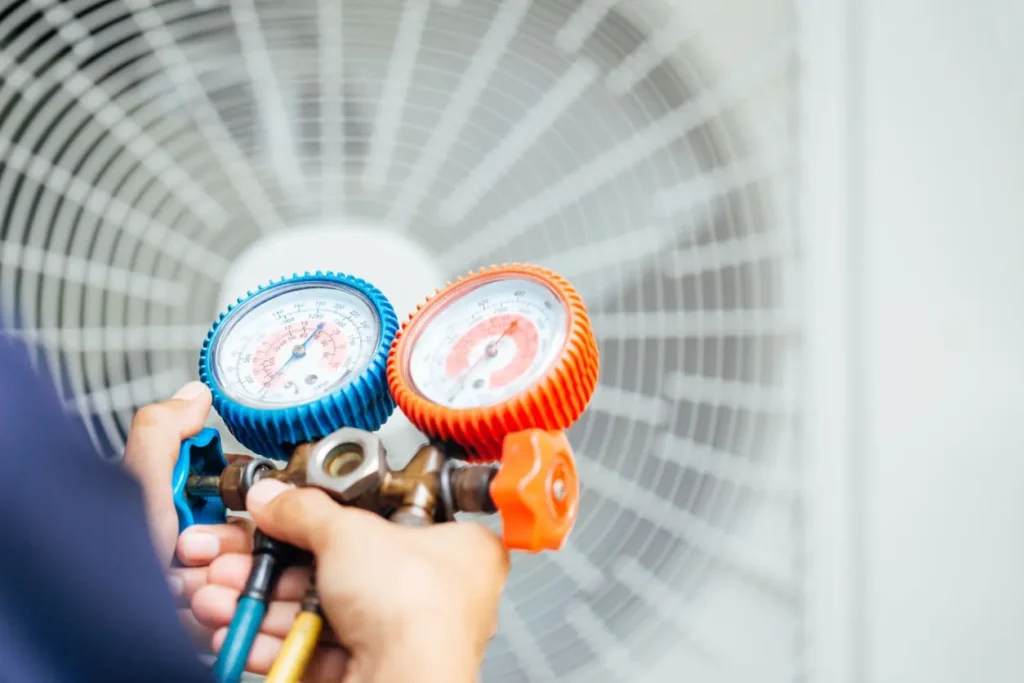Water softeners are essential devices that remove minerals like calcium and magnesium from water, which causes hard water. This can lead to plumbing and appliance issues and damage over time. Ion exchange is the process that turns hard minerals into sodium or potassium ions, which turns water into soft water. Bulk softener salt can be used to ensure a consistent supply and cost-effectiveness. It’s crucial to remember that not all water softeners are made equal, and the best one for your home will rely on the requirements and features of the water supply. Understanding your household’s requirements and water supply characteristics is crucial to selecting an efficient and effective water softener.
Benefits of Softened Water for Your Home
Softened water offers several benefits, including reducing scale buildup in plumbing systems and household appliances. Scale, which consists of calcium and magnesium deposits, can block pipes, decrease water heater efficiency, and result in higher energy bills and expensive repairs. Using a water softener helps maintain plumbing systems for more extended periods. Hard water scaling can also shorten the longevity and efficiency of contemporary equipment like coffee makers, dishwashers, and washing machines. Softened water extends the lifespan of these appliances, enhancing their performance and durability. This investment ultimately reduces maintenance costs and improves appliance performance over time.
Health Benefits You Might Not Know About
Softened water has several health advantages and is beneficial for your house. It can make your skin and hair appear smoother and softer, improving their texture. Hard water residue leaves dry and rough patches on your skin and hair. This occurs because the minerals in hard water react with soap to form a sticky film that is difficult to rinse. Switching to softened water eliminates this issue, as the minerals that cause the residue are removed during the water-softening process.
Improved Skin and Hair
Softened water might provide particular advantages for individuals with skin conditions such as psoriasis or eczema. Hard water can exacerbate these conditions, increasing skin irritation and dryness. Softened water, conversely, is gentler on the skin, reducing the potential for irritation. Similarly, the absence of hard minerals means your hair will feel less dry and easier to manage. Over time, you may notice a significant improvement in the look and feel of your skin and hair.
Long-term Cost Savings
Water softeners offer significant long-term cost savings for households. They reduce wear and tear, maintenance, and replacement expenses by preventing scale buildup in pipes and appliances. Additionally, water softeners decrease the effort and energy that water heaters consume, thereby increasing their energy efficiency. Consequently, there are savings on energy costs and a reduced need for soap and detergent during cleaning. Despite the initial investment, the long-term benefits of water softeners outweigh the initial costs, making them a worthwhile investment for homeowners.
Environmental Benefits of Water Softeners
Soft water is a cleaner alternative that requires less detergent and soap, reducing the amount of chemicals in wastewater systems. This reduces the risk of harsh cleaning agents entering water supplies and affecting aquatic life. Water softeners also help reduce energy consumption in household appliances by preventing scale buildup, resulting in a lower carbon footprint. This supports a sustainable lifestyle by reducing the chemical load in wastewater and lowering energy consumption.
Choosing the Right Water Softener for Your Needs
To choose the right water softener, consider the hardness of your water and your household’s specific needs. There are various types of water softeners, including salt-based, salt-free, and dual-tank models. Test the water’s hardness using a simple test kit. Consider the size of your household and water usage, as larger families may need a high-capacity model, while smaller households may prefer a compact system. Consider any health concerns or environmental preferences to ensure a water softener that meets your needs efficiently and economically.









